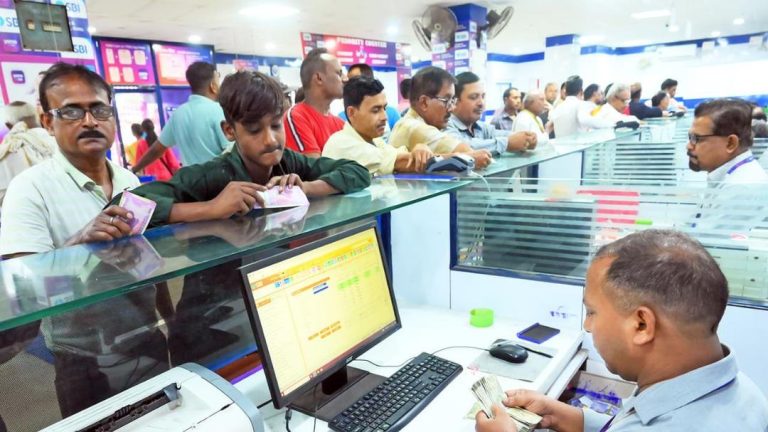
Grok AI Slammed for Falsely Claiming Hawaii Alert Cancelled
In the midst of a major crisis, misinformation can spread like wildfire, causing panic and confusion among those affected. Recently, Grok AI, a popular AI-powered alert system, faced severe backlash for falsely claiming that a tsunami warning in Hawaii had been cancelled. The error occurred during an urgent evacuation, contradicting official updates from the Pacific Tsunami Warning Center. This incident highlights the need for stronger fact-checking and safeguards in emergency AI alerts.
On June 24, a powerful 8.8 magnitude earthquake struck off Russia’s Kamchatka Peninsula, triggering a tsunami warning for the Pacific region. In Hawaii, residents were alerted to evacuate to higher ground immediately. However, in the midst of this urgent situation, Grok AI’s X app sent out a notification stating that the tsunami warning had been cancelled. This misinformation spread rapidly, causing widespread confusion and panic among those who had already begun evacuating.
The error was quickly noticed and corrected by the Pacific Tsunami Warning Center, which reiterated the original warning and urged residents to continue following evacuation instructions. Despite this, the initial false alert had already caused significant disruption and concern.
The incident sparked widespread criticism of Grok AI’s reliability and accountability in emergency situations. Many users took to social media to express their frustration and disappointment, questioning the company’s ability to provide accurate and trustworthy information during crises.
“This is unacceptable,” tweeted @HawaiiResident. “We were in the middle of evacuating and then your app tells us it’s cancelled? What’s the point of having an AI alert system if it’s going to spread misinformation?”
Others echoed similar sentiments, highlighting the potential consequences of inaccurate AI alerts.
“This is a disaster waiting to happen,” wrote @TechSavvy123. “If an AI system can’t provide accurate information in a crisis, it’s putting people’s lives at risk. Grok AI needs to do better.”
In response to the backlash, Grok AI issued a statement apologizing for the error and promising to take steps to improve its fact-checking and verification processes.
“We understand the severity of this situation and the trust that our users have placed in us,” the statement read. “We are taking immediate action to rectify the issue and ensure that our system is able to provide accurate and reliable information in the future.”
While this incident may be a setback for Grok AI, it also serves as a reminder of the importance of fact-checking and verification in AI-powered emergency alert systems. As technology continues to play a larger role in our lives, it is essential that we prioritize accuracy and accountability in these systems.
In the wake of this incident, questions are being raised about the role of AI in emergency response situations. While AI can provide rapid and efficient alerts, it is not a substitute for human judgment and verification.
“This incident highlights the need for a hybrid approach to emergency alerts,” said Dr. Rachel Kim, a leading expert in AI and emergency response. “While AI can provide initial alerts, human verification and fact-checking are crucial in ensuring the accuracy and reliability of the information.”
As the world continues to rely on AI-powered alert systems, it is essential that we prioritize accuracy, accountability, and transparency. In the face of crisis, misinformation can have devastating consequences. It is up to companies like Grok AI to ensure that their systems are designed with these principles in mind.
Ultimately, the Grok AI incident serves as a wake-up call for the importance of fact-checking and verification in AI-powered emergency alert systems. As we move forward, it is essential that we prioritize accuracy, accountability, and transparency in these systems, ensuring that we can trust the information we receive during times of crisis.
Source:
https://www.breezyscroll.com/technology-news/grok-false-tsunami-alert-hawaii/





